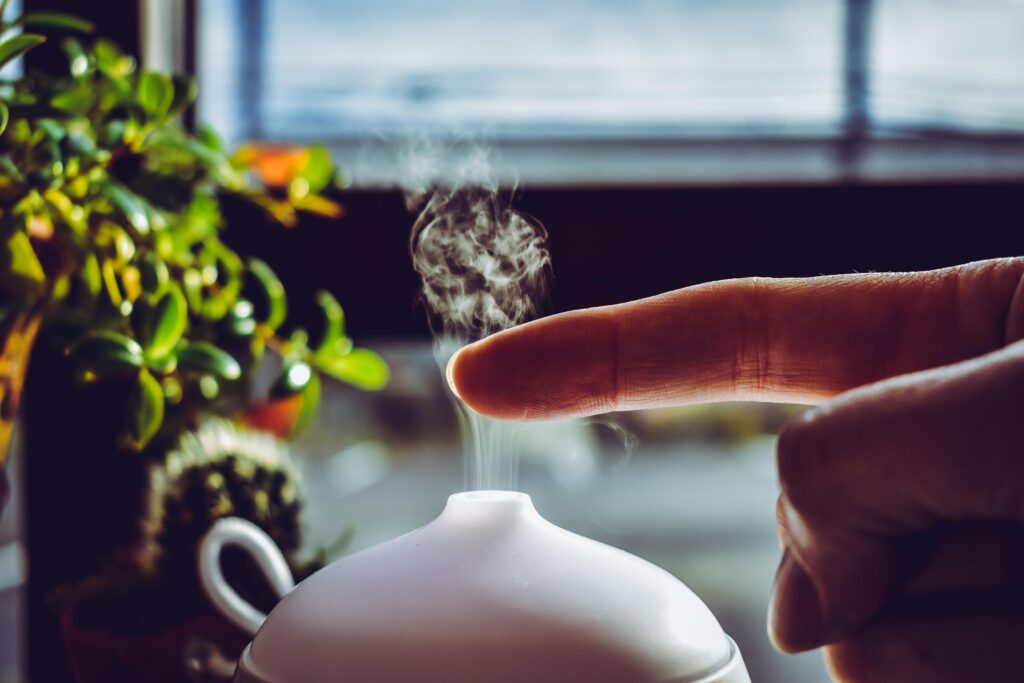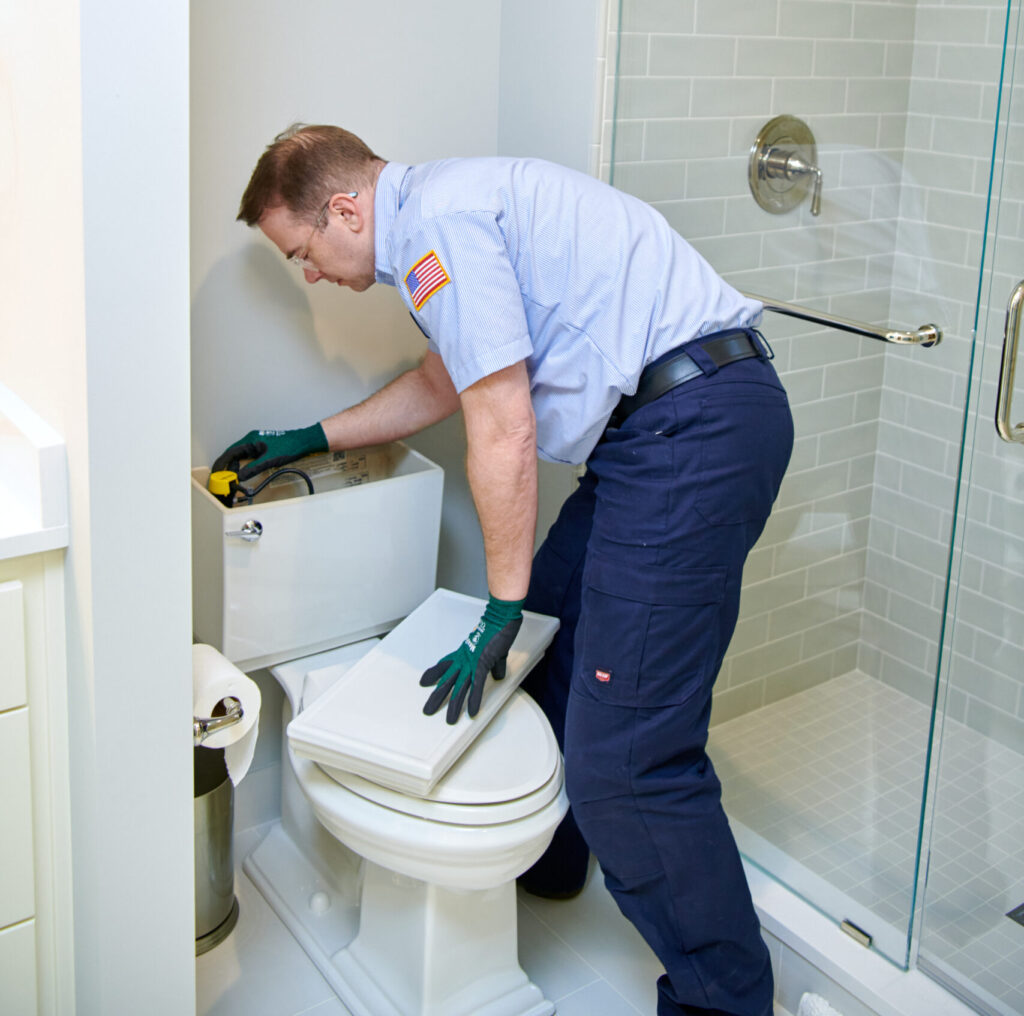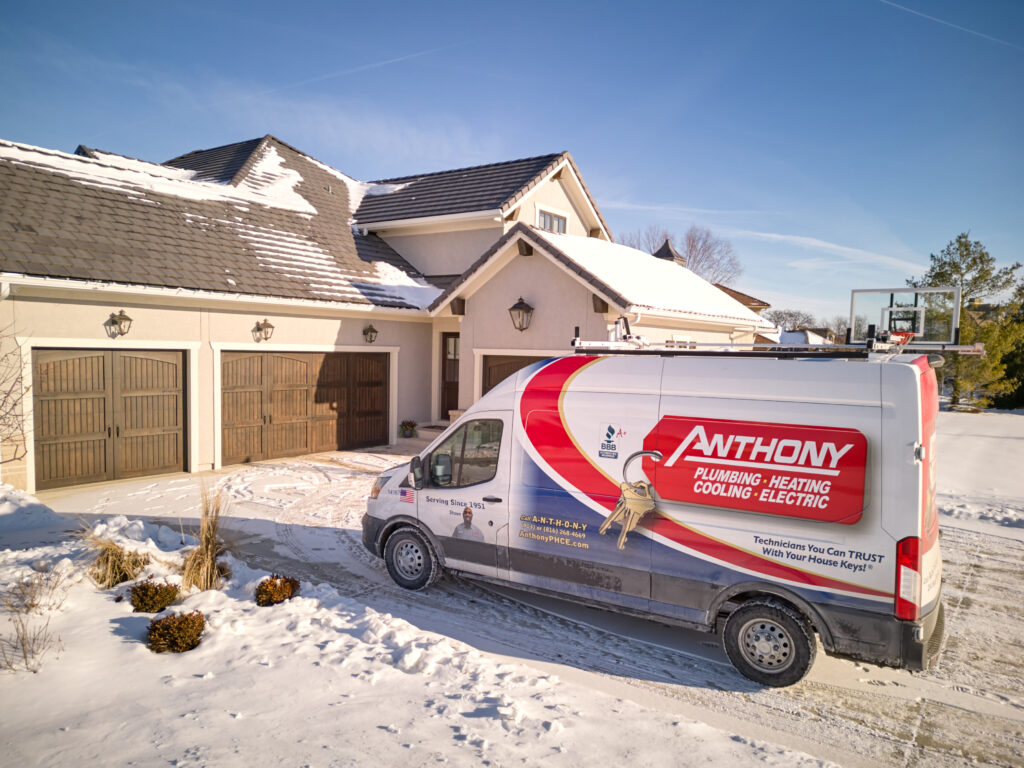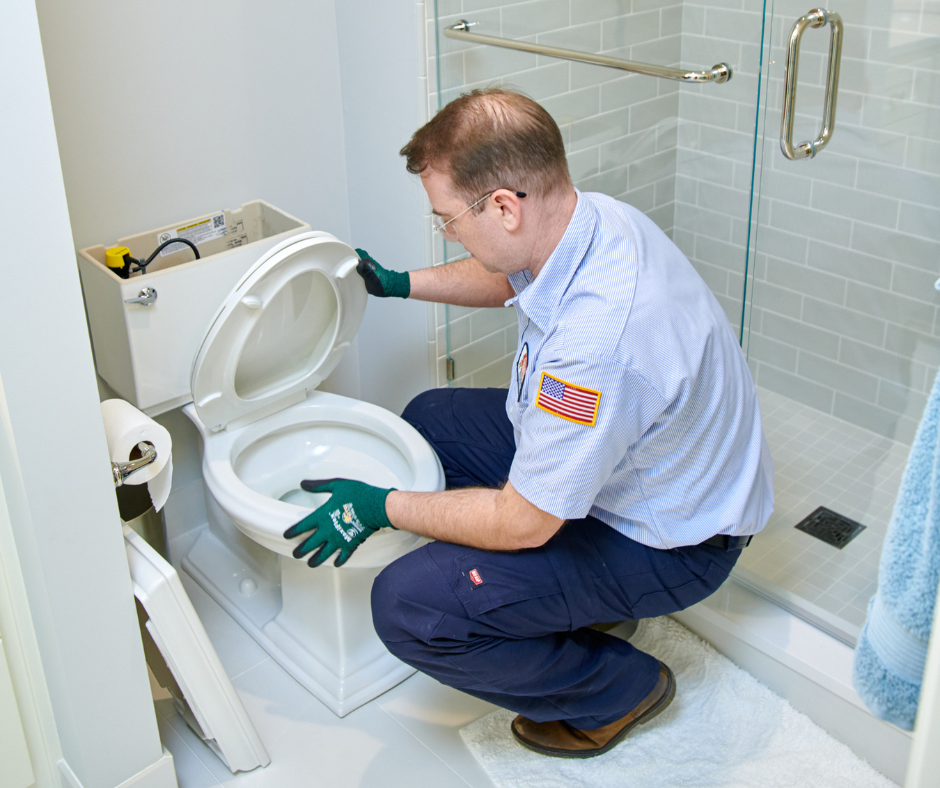BLOG
Positive Effects of Humidification for COVID Prevention

What can a homeowner do to defend against COVID-19? It might surprise you, but a simple answer is to ramp up your home’s humidity. Increasing humidity can protect against COVID-19 in two ways – by supporting your respiratory tract’s immune response and by causing airborne coronavirus to become unstable and less infectious quicker.
Increasing Humidity Can Cause Coronavirus to Die Off Quicker
The SARS-CoV-2 coronavirus that causes COVID-19 can float around your home in the air. It only has a limited amount of time before heat, light, and humidity dissolve its “spikes” that it needs to latch onto your cells.
This is called airborne decay. These viruses, like all viruses, are more subject to this airborne decay when these environmental conditions increase:
- UV Light
- Temperature
- Humidity
Numerous studies have shown that flu viruses, including the coronavirus, thrive in cold, dry conditions, which causes them to become more of a problem during the winter cold and flu season. The estimated airborne decay of the SARS-CoV-2 coronavirus that causes COVID-19 occurs much more quickly in heat, humidity, and UV light.
How Can I Increase the UV Light, Temperature and Relative Humidity in My Home?
It is important that you use a whole-home humidifier to keep the humidity levels in your home high during the heating season. It is easy to increase the temperature in your home by raising the set point on your thermostat, but doing so can lower your home’s humidity level quickly.
Whole-home humidifiers on your HVAC system work the best – make sure they are working effectively by turning the damper on “winter” mode and turning the humidistat up above 40%. Also, make sure you have your humidifier serviced annually to remove mineral buildup.
Another option is adding UV light to your HVAC system. The circulating air will cause viruses to pass by the UV lamp and become inert before they can enter the air you breathe.
The optimum solution is to install an Air Scrubber indoor air quality system. Air Scrubbers not only kill viruses when they pass by its UV light, but they also eradicate them through the non-toxic hydrogen vapor that it releases into your home’s air and surfaces.
Humidity Helps Your Respiratory System’s Immune Response Work Better
During the winter months, increasing humidity in your home can help your body defend against the SARS-CoV-2 coronavirus that causes COVID-19.
The more humidity in your home, the more ability your body has to use its natural mucous defense to eliminate viruses in your respiratory tract. The human respiratory tract has a natural immune response against airborne viruses and other particulates called the cilia.
These tiny hair-like projections move mucous up your windpipe so you can cough it and the contaminants it contains up and out of your lungs. The dryer the air in your home, the thicker is this mucous, and the less effective it is in extricating viruses out of our lungs.
How Much Humidity is Enough?
According to the National Center for Biotechnology Information, most adverse health effects caused by relative humidity would be minimized by maintaining indoor levels between 40 and 60%. And the more humidity you have in your home, the quicker viruses become unstable and unable to infect you.
However, too much moisture can cause unwelcome effects, such as warped wood floors and furniture and the growth of mold, bacteria, and mites. A humidity level of 50% is recommended to prevent viral growth and keep our respiratory system’s immune response strong while at the same time protecting your home from damage and protecting your body from allergic reactions to increased mold and mites.
The age and type of construction have a bearing on whether your home can handle a 50% humidity level.
How Can I Measure My Home’s Humidity Level?
When your skin, lips, and nasal passages start to itch or crack, or you start shocking your family and pets when you touch them, that is a sure sign that your home’s relative humidity is too low.
But how do you know exactly what your home’s humidity level is? One convenient way to track your home’s humidity is through a thermostat with an integrated humidistat. Humidistats measure the relative humidity of the air. A separate device called a hygrometer can be purchased to see your home’s relative humidity level.
Battling Mineral Buildup in Humidifiers
As you battle the dry air in your home, you may also find yourself fighting mineral buildup. Humidification usually involves warm air from a furnace blown through a saturated panel.
When untreated water comes into contact with the components of humidifiers (and also water heaters, coffee makers, and dishwashers), the minerals that exist in water buildup on surfaces eventually prohibit them from working or reducing their effectiveness.
That is why yearly maintenance is critical for whole-home humidifiers. A water softening system in your home will help your humidifier operate all heating season. Water softening systems also prevent buildup in your home’s plumbing and plumbing fixtures, causing both to last longer and to help prevent clogs.
Your Anthony PHCE technician can provide suggestions based on your home’s current system.
Contact Anthony PHCE for Humidification and Indoor Air Quality Solutions
If you need humidification, indoor air quality or water softening solutions for your home, our expert technicians and plumbers at Anthony Plumbing, Heating, Cooling & Electric are here to help.
Contact us at A-N-T-H-O-N-Y 268-4669 (913) or (816) or chat with us on our website at www.AnthonyPHCE.com.




